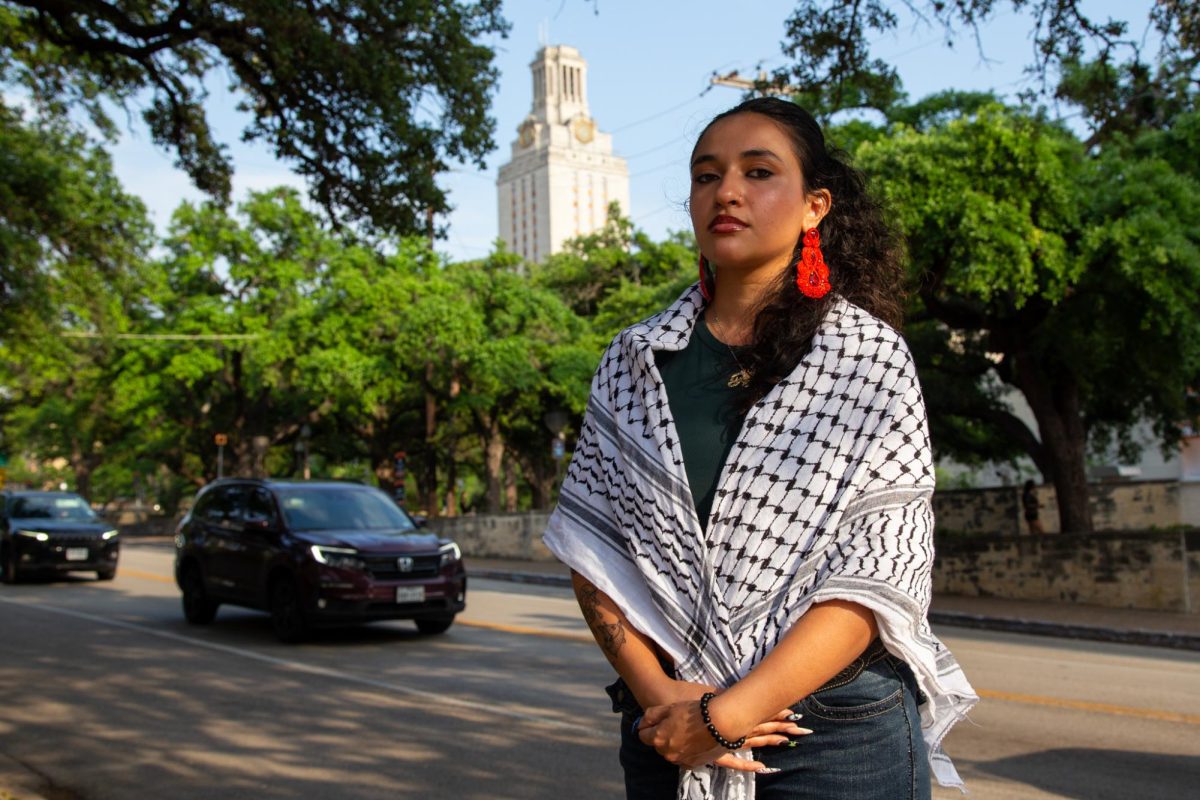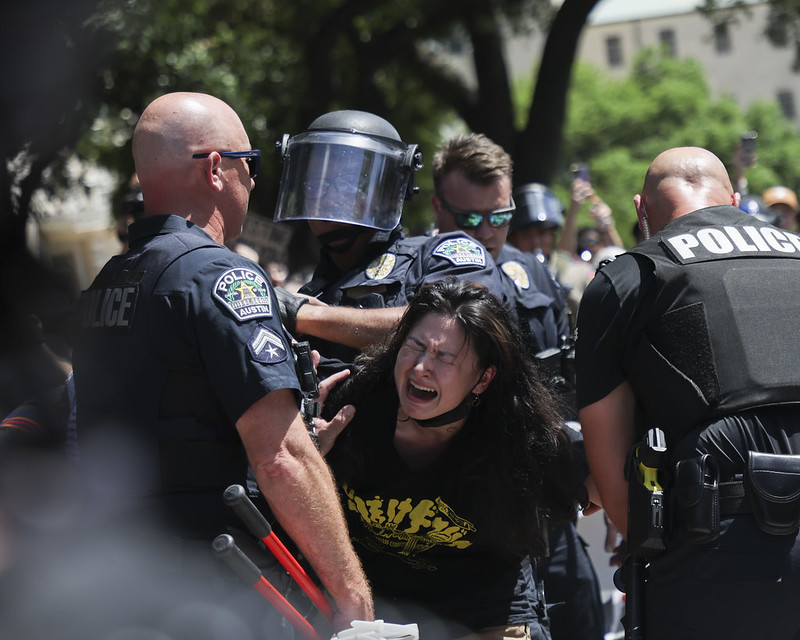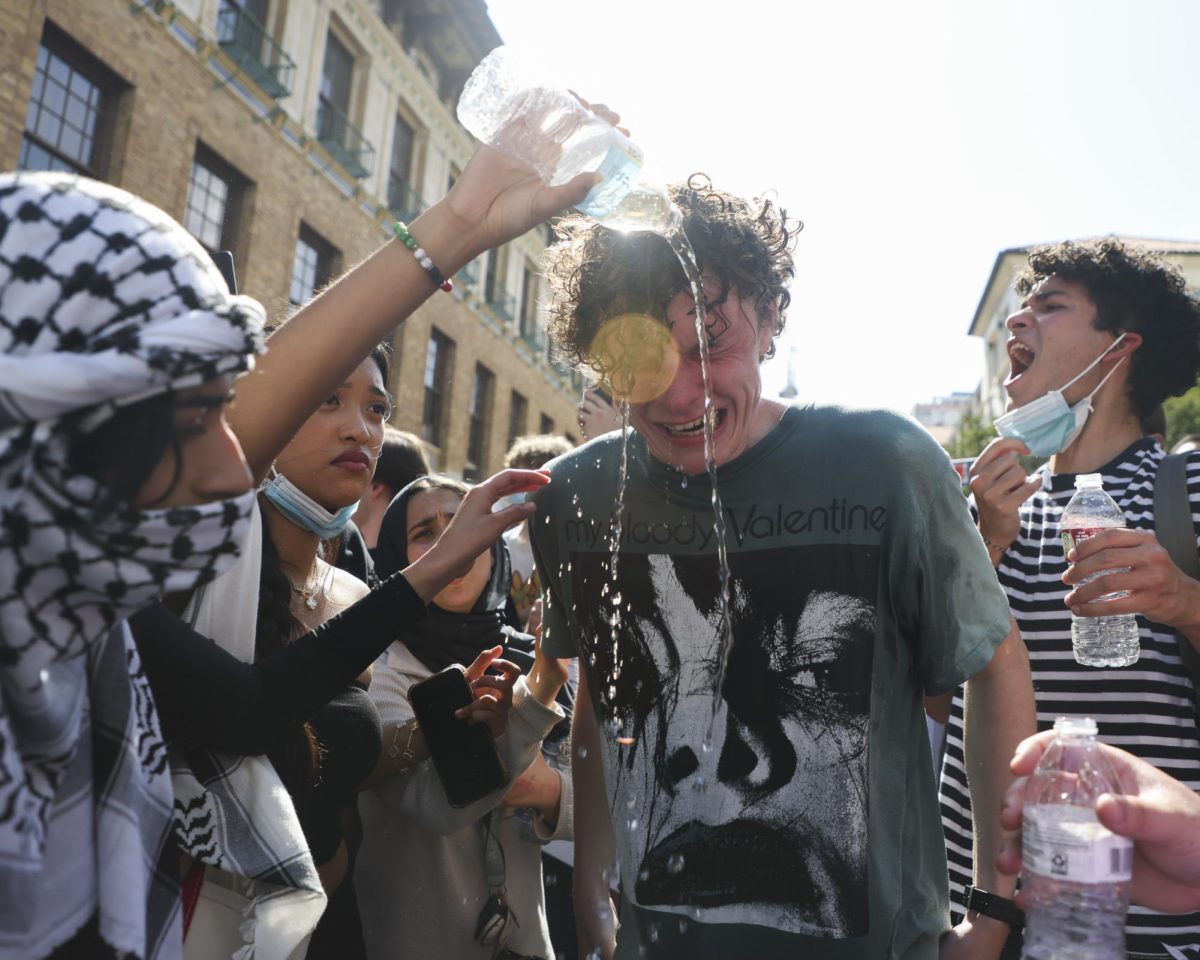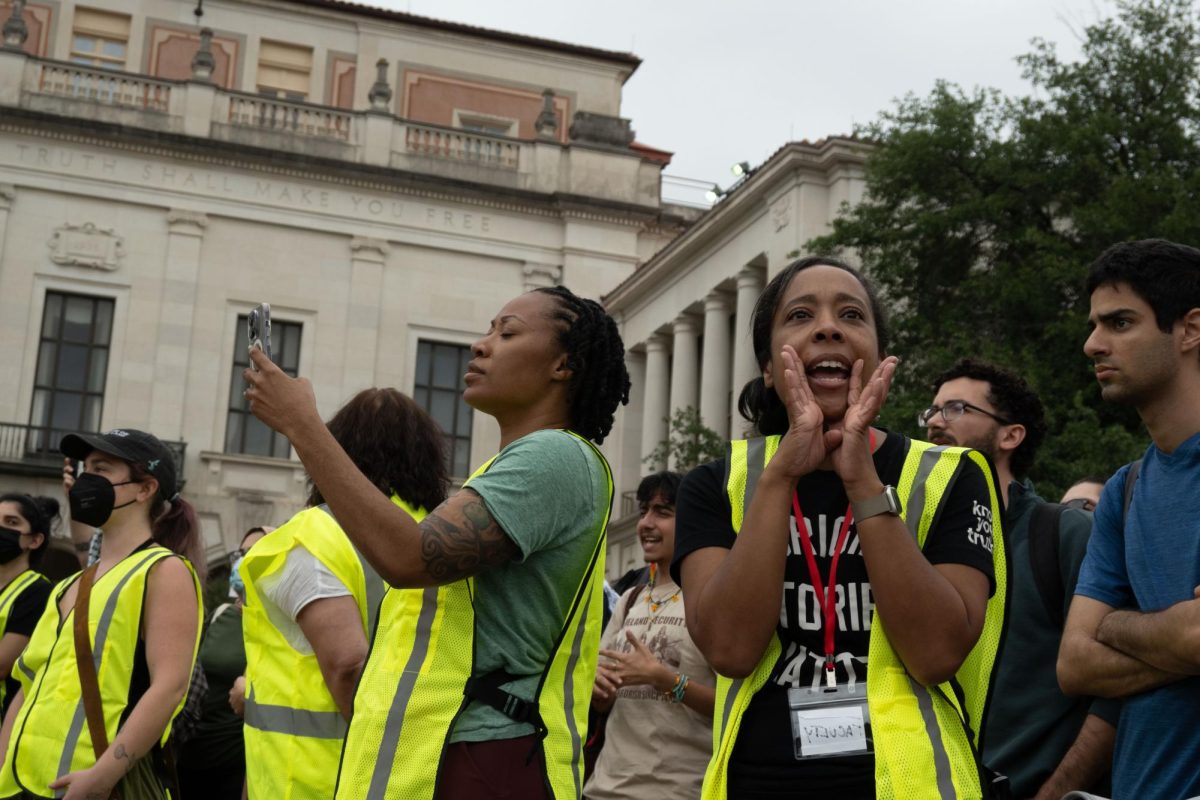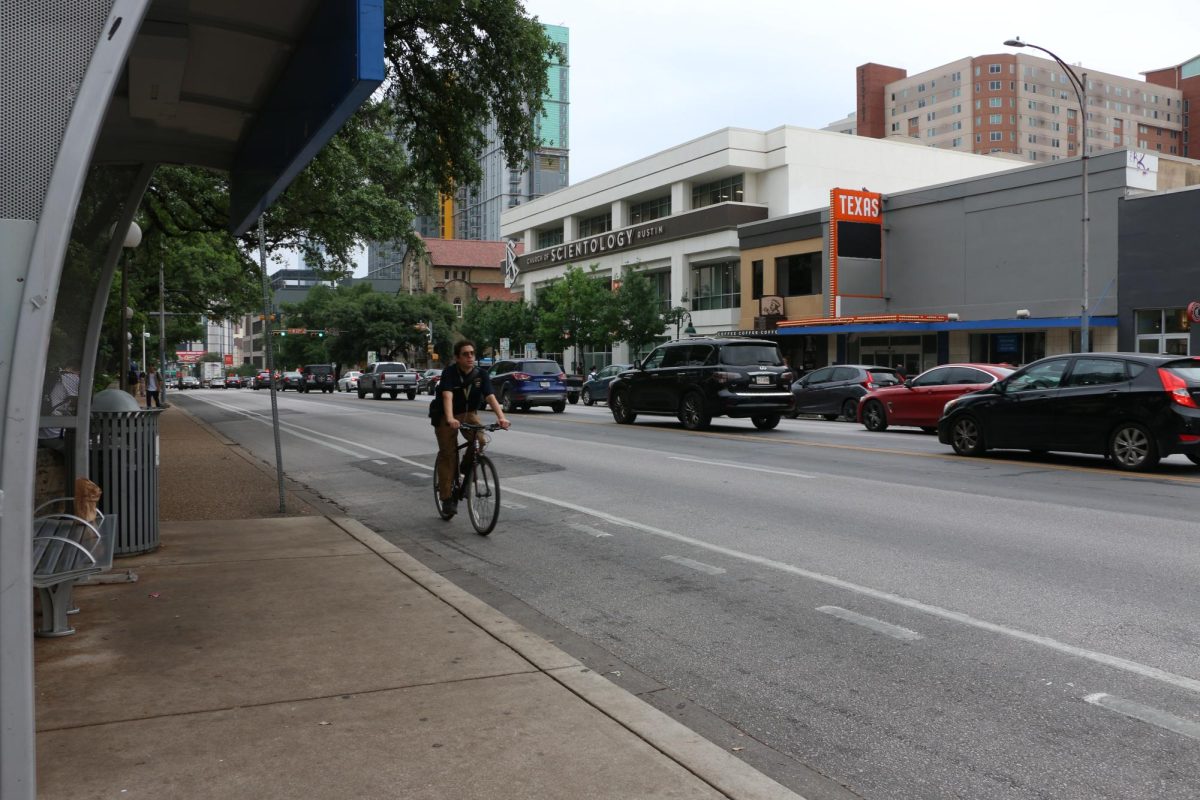Twenty-two clergy members from the Diocese of Austin were named in a ProPublica database of credibly accused Catholic clergy members in late January, after the original list was published last year.
ProPublica‘s database includes 178 different dioceses and 6,754 names of accused clergy members. The majority of Austin clergy members on the list are deceased or have been removed from the church. Three members are listed as retired, and one is now a priest for the Archdiocese of Kingston, Jamaica.
Despite Catholic churches nationwide releasing the names, there is no clear definition of what churches consider credible accusations. The Rev. Larry Rice, director of the University Catholic Center, said there is inconsistency between diocese reports because churches have not agreed upon a standard of credibility to use when someone is accused.
“The lists that the diocese have published are people that are credibly accused,” Rice said. “That does not mean that those people have been indicted (or) arrested. … Usually what that means is somebody within the structure of that individual diocese found that accusation credible, meaning it could have happened. That is not an admission or an accusation of guilt.”
Rice said bishops in the United States put together the Dallas Charter for the Protection of Children and Vulnerable Adults in 2002. The document outlines standards for how the church should deal with accused offenders and victims of abuse and create programs to help prevent abuse in the future.
The Dallas Charter prompted the creation of the Diocese of Austin’s Ethics and Integrity in Ministry program, Rice said. The program includes training for how to recognize signs of abuse, how to respond when it is reported and resources for victims.
“I don’t say that we’ve taken those steps as if somehow that excuses the past because obviously it doesn’t,” Rice said. “But the church has taken significant steps to prevent future cases of abuse … I’m happy with the way the church has responded to this. I’m unhappy with the fact that we needed to.”
Rice said in recent years, there has been a small drop-off in attendance to Sunday Masses and programs. Rice said that while the reveal of the assaults came as a shock to his generation, students attending the University Catholic Center have never known a church not dealing with this issue.
Biology sophomore Anna Regresado grew up attending Catholic church and said the training sessions are helping bring issues in the church to light.
“I think it is … a way of them saying that we are talking about these issues, we’re acknowledging them and letting everybody know,” Regresado said. “I think collectively, a lot of people throughout the years have been at odds with the Catholic church.”
Civil engineering junior Luke Harper said for him, the church has always been a place of community and a way to get to know people and God.
“You don’t always know what’s in somebody’s heart,” Harper said. “I know there’s still good people out there in the church, and I just try and find those good people and associate myself with them.”




